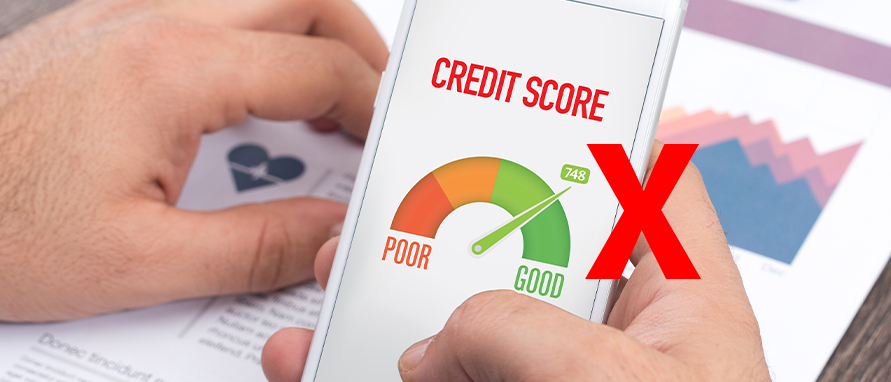Applying for a credit card without a credit history is straightforward if you choose the right type of card. Follow these steps to get started:
1. Select the Right Card Type
Choose from secured cards, prepaid cards, or fintech-backed options depending on your income and preferences.
2. Compare Providers
Check which banks or fintech companies offer cards for individuals with no credit history. Compare features, charges, and credit limits.
3. Prepare Documentation
Basic KYC documents like PAN card, Aadhaar card, and income proof (for unsecured options) are usually required.
4. Apply Online or Offline
Many issuers allow you to apply online for a credit card without CIBIL score through their websites or apps. You can also visit a nearby branch.
5. Complete Verification
The issuer will verify your documents, deposit (if applicable), and other eligibility criteria before approval.
6. Receive and Activate the Card
Once approved, your card is delivered. Activate it through net banking or the mobile app to start using it.
Following these steps makes it easier to access a credit card without CIBIL score, especially if you're starting from scratch.















